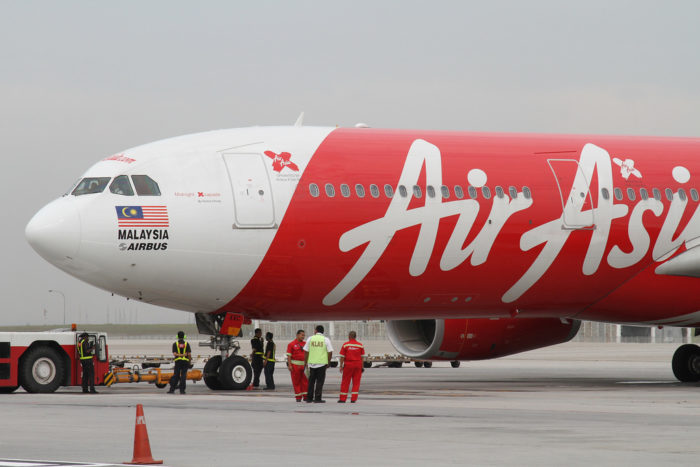
AirAsia was under pressure even before Covid-19 plunged aviation into crisis. Auditor Ernst & Young had questioned the ability of the airline and long-haul unit AirAsia X Bhd. to continue as going concerns, based on their 2019 financial reports. At the time, the carrier — a major buyer of Airbus SE’s A320 aircraft — was struggling with excess capacity in Southeast Asia as airlines rapidly added planes and competition intensified. More recently, AirAsia’s Japanese unit collapsed and it sold its stake in AirAsia India Ltd.
The company has sought to raise up to 2.5 billion ringgit through debt and equity. In February, Hong Kong financier Stanley Choi increased his stake to almost 9% for about $27 million. Choi told Bloomberg News he was confident that AirAsia could recover from the challenges facing the industry.
The airline said Monday it is close to finalizing commitments from banks for loans and is in talks with “a number of parties” for investments, including joint ventures.
AirAsia has branched out into other businesses, with a strong emphasis on digital operations. Chief Executive Officer Tony Fernandes said this month the company’s so-called super app would have a turnover of $250 million this year. The app can be used for things such as shopping, booking flights and ordering food.
Logistics arm Teleport will soon start delivering vaccines in Malaysia and the region, AirAsia said. It plans to convert two A320 aircraft into cargo planes.